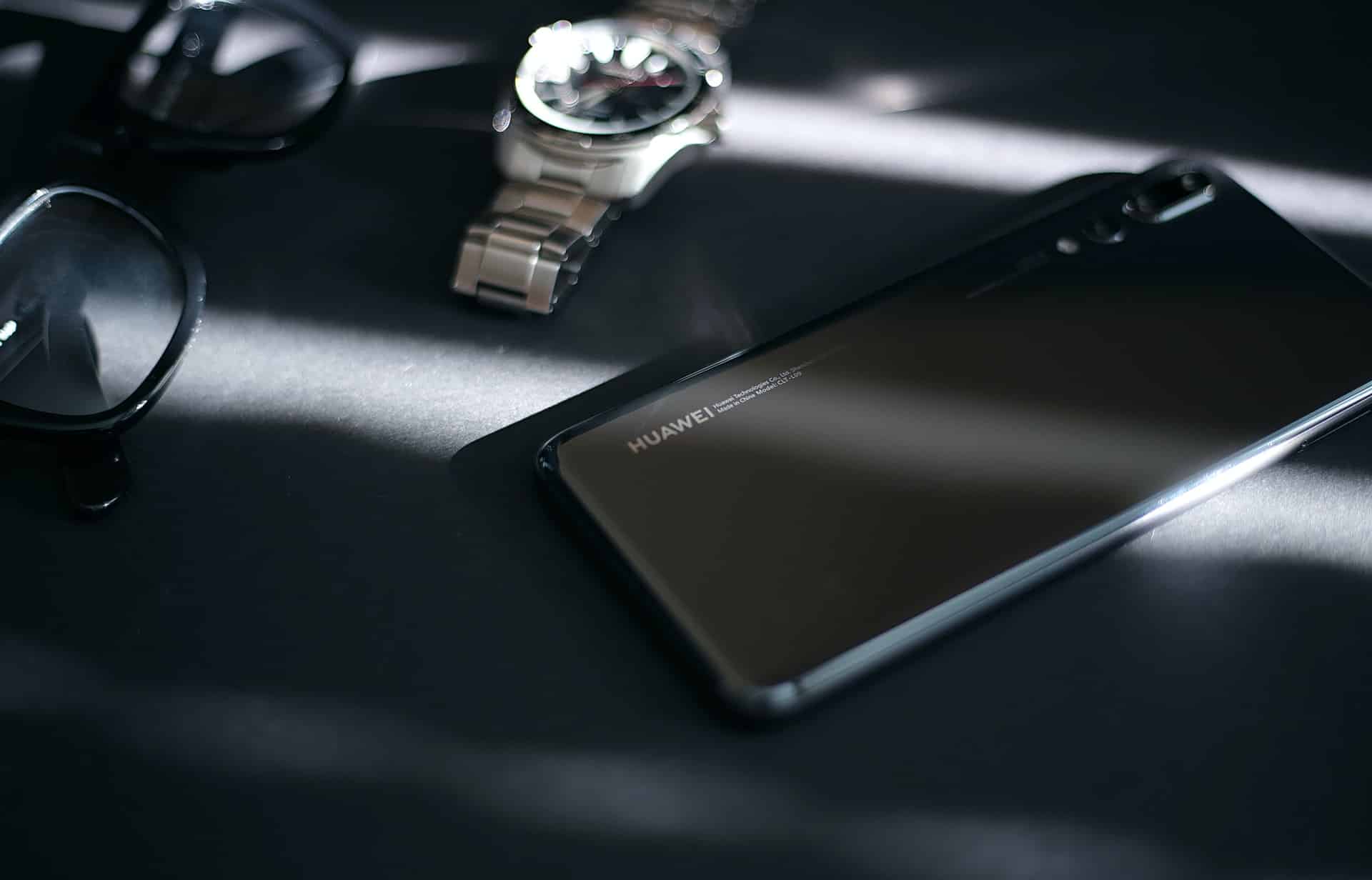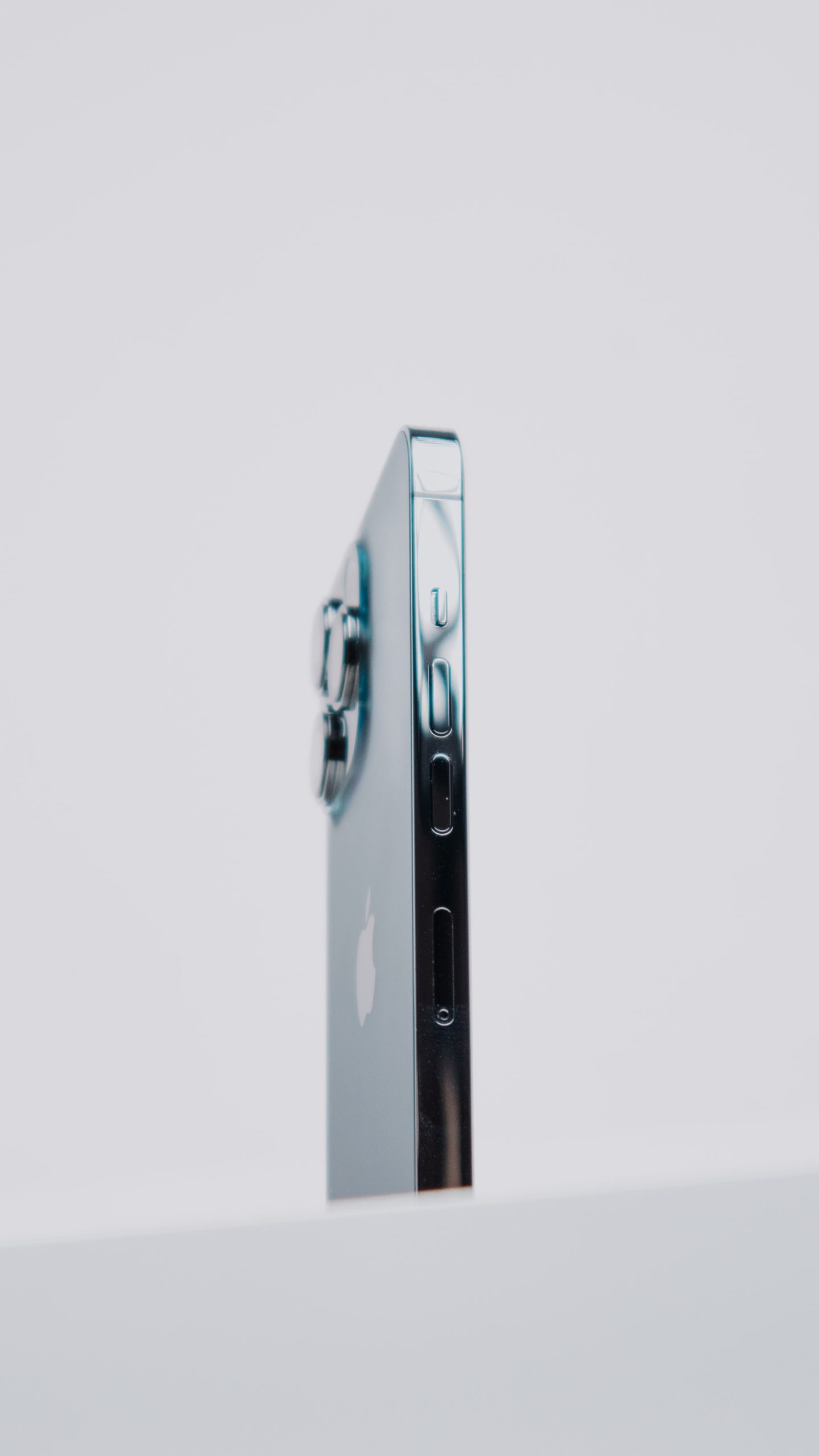Everyday life is riddled with activity, and in the modern world, smartphones are at the center of these activities. Phones hold so much of people’s information. The mere thought of somebody accessing the information on your phone is nerve-wracking. You can, however, set up some measures to ensure that your data remains relatively safe from any possible threats. Let’s explore some ways you can protect your smartphone.
IMAGE: UNSPLASH
1. Lock Your Smartphone Using A Password
Setting up a password may seem like a very obvious step to phone security, which it is, but many smartphone users ignore this simple yet crucial step to phone data safety. There are many reasons why not having a password is dangerous. The greatest one is that your phone data becomes very easy to access if it’s left unattended or gets stolen.
It’s relatively easy to set up this basic security measure on your smartphone. Most smartphones allow users to have a personalized shape or simple pattern lock that can keep unwanted people from accessing the phone.
A password or PIN code may seem like a hassle, but it’s quite useful to secure your phone. It’s important to make sure that your password is hard to guess. Be sure not to use obvious passwords like “1234” or “password.” Avoid details like your maiden name, birthday, or something easy to guess.
Additionally, you can make your phone safer by going beyond a simple screen lock. Setting up a pin for your sim card makes sure that no one can access the phone even if they change the sim card. Without the pin, the phone won’t be able to connect to a network. To keep things simple, you can use a secure passwords generator to help you out. A strong password has at least eight characters long, and a combination of letters, numbers, and other characters. Passwords may be a basic technique, but it does keep the average thief from gaining access to your data.
2. Limit The Number Of Apps With Access To Your Personal Data And Information
Different applications allow phones to do several things. However, it is wise to exercise caution when downloading apps. Pay attention to details, for example, what requirements the software demand before and after installation. Ensure that the demands are realistic and reasonable before installing.
Be cautious with unknown apps. When you are dealing with an app that isn’t well known and is not popular, it’s best not to download it. It’s easy to install malware instead of an app when you don’t know the source. Downloading apps only from trusted sites such as Google Play Store is much safer. Take extra precautions on these official sites. Look out for reviews about the app, even on other websites.
Another important detail about apps is to be keen on the information that apps ask about. Permissions that apps ask for are supposed to make sense. When they demand too much information, it’s possible that the app is not legit. Be careful with the app.
3. Avoid Public WiFi Or Use A Virtual Private Network When Connected To One
WiFi makes communication, among many other things, easier. However, it is a means by which sensitive data passes daily. Keeping this information away from prying eyes or possible hackers is important.
A secure way to navigate the internet is using a virtual private network (VPN). It ensures that your smartphone is connected to a secure wifi connection. The connection masks your phone’s internet protocol (IP) address, making your phone’s location and identity invisible. In other words, a VPN allows your phone to hide in plain sight.
VPNs have many benefits. With a VPN, users can browse the internet without fear of having their data stolen. For example, the WireGuard client is a device that connects to the VPN server, and it is a useful tool. Although using public WiFi is never recommended, there may be circumstances when you need to access their internet. Installing a VPN to your smartphone can help keep you safe even while using public wifi.
Other than keeping your browsing activities hidden, there are other things that a VPN can do. Because it can keep your IP address hidden, it can help you access sites restricted to specific geographical areas.
Another thing a VPN does is that it prevents websites from collecting your data.
Wrapping Up
Phone safety is crucial today because of the countless daily threats people face. It is up to smartphone users to keep themselves and their private information away from the public. Taking even the smallest measures could make even the biggest difference.
IMAGE: UNSPLASH
If you are interested in even more technology-related articles and information from us here at Bit Rebels, then we have a lot to choose from.


COMMENTS